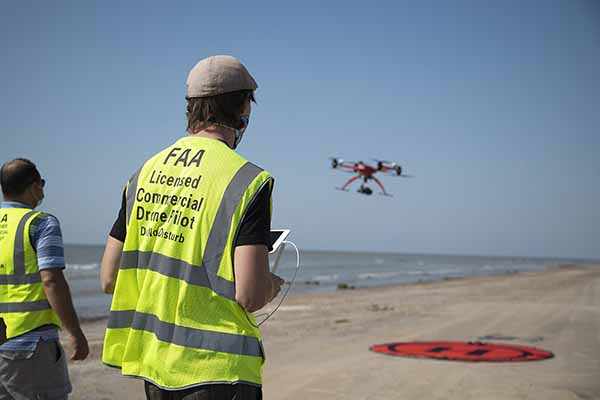Master of Science in Geospatial Sciences

The Master of Science degree in Geospatial Sciences is the first of its kind in Southeast Texas. Our program will provide education in all key areas of geospatial technologies most relevant to the contemporary workplace, including computer-based geographic information systems, remote sensing techniques, Drone technology, digital image processing, spatial analysis and modeling, global positioning systems and data science in the big data era. Students in the program will be given practical experience in the application of state-of-the-art geospatial-based systems to a wide range of real-world programs.
The field of geospatial sciences has become an integral aspect for supporting decision making in a variety of fields such as physical and environmental sciences, urban planning and management, political science, civil engineering, economy, business, real estate, education administration and health care.
Interested in Applying?
Our master's program in geospatial sciences is open to all students in any discipline. If you wish to pursue a master's degree in geospatial sciences at Lamar University, you must have a bachelor's degree from an accredited institution and must meet the admission standards of the College of Graduate Studies.
The program is only delivered with face-face instruction.